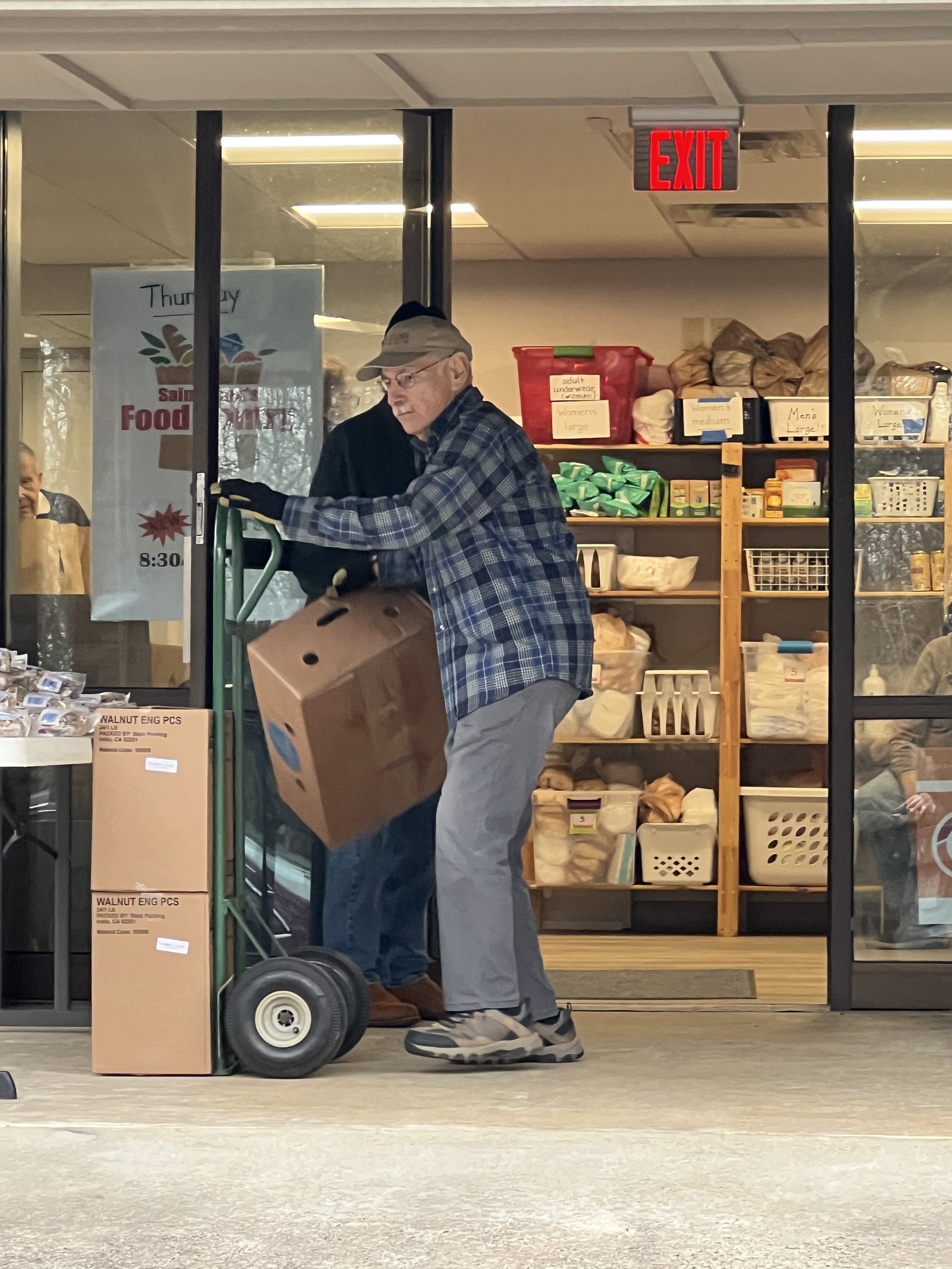Hillesum: Finding Answers in Emotional Difficulties
“Thinking gets you nowhere. It may be a fine and noble aid in academic studies, but you can’t think your way out of emotional difficulties. That takes something altogether different. You have to make yourself passive then and just listen. Re-establish contact with a slice of eternity.”—Etty Hillesum in An Interrupted Life, Daily Quote, June 29, 2018, Inwardoutward.org, Church of the Saviour.
Etty Hillesum shares her formula for finding a way through difficult emotional situations. Those who make decisions using their thinking (T) function, what is reasonable, will probably disagree. Considering the importance of relationships, those who make decisions using their feeling (F) function may agree with Hillesum. Many would say we need both thinking and feeling when making decisions.
Looking deeper beyond personality types takes us to another level. Hillesum is trying to tell us to let the committee in our heads rest by whatever means we use: reading, meditation, music, walking, praying, writing, or just being.
She tells us to connect to the God within us however we can. We are to try to find an answer from something greater than ourselves.
We do not know the exact answer.
We will recognize it because we know it will have something to do with love.
Joanna joannaseibert.com https://www.joannaseibert.com/








